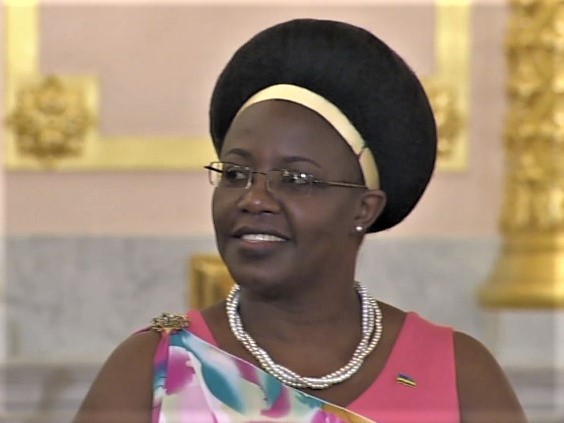This artikel is part of the series Crises in times of global inequality — find more articles HERE.
Besides countless articles on Lufthansa, car summits and issues alike, we currently hear very little about the effects of the corona pandemic in the Global South. This is not because there is nothing to report about: for example, on the occasion of the Petersberg Climate Dialogue the Environment Minister of the East African country of Rwanda, Dr. Jeanne d’Arc Mujawamariya, made it clear how serious the impacts of the current pandemic could be, how it will aggravate existing inequalities and what needs to be done now:
“The Covid-19 crisis has further exposed the unacceptable levels of inequalities in our societies. […] We need to learn from this crisis and acknowledge the root causes of the Covid-19 pandemic — our unsustainable way with nature[…] . Let’s work together with the same spirit of global cooperation and urgency[for] building a world that is sustainable for generations to come.”
Jeanne d’Arc Mujawamariya
[Petersberg Climate Dialogue]
We have taken this call to heart and therefore extend our gaze beyond the German Corona-Tellerrand.
The Extreme Vulnerability to Crises
Global inequality is often addressed against the background of the climate crisis — we are then talking about states that are disproportionately more affected by climate-related environmental change and extreme weather events (e.g. due to a lack of financial or technological resources) — so-called vulnerable states. These are countries such as Ethiopia, Indonesia, Venezuela and Vanuatu, where droughts, storms and floods in particular are already causing major problems [2,3,4,5,6]. But it is also about countries like the Marshall Islands, which will no longer exist in 30 years’ time due to flooding if the current climate policy does not change [7].
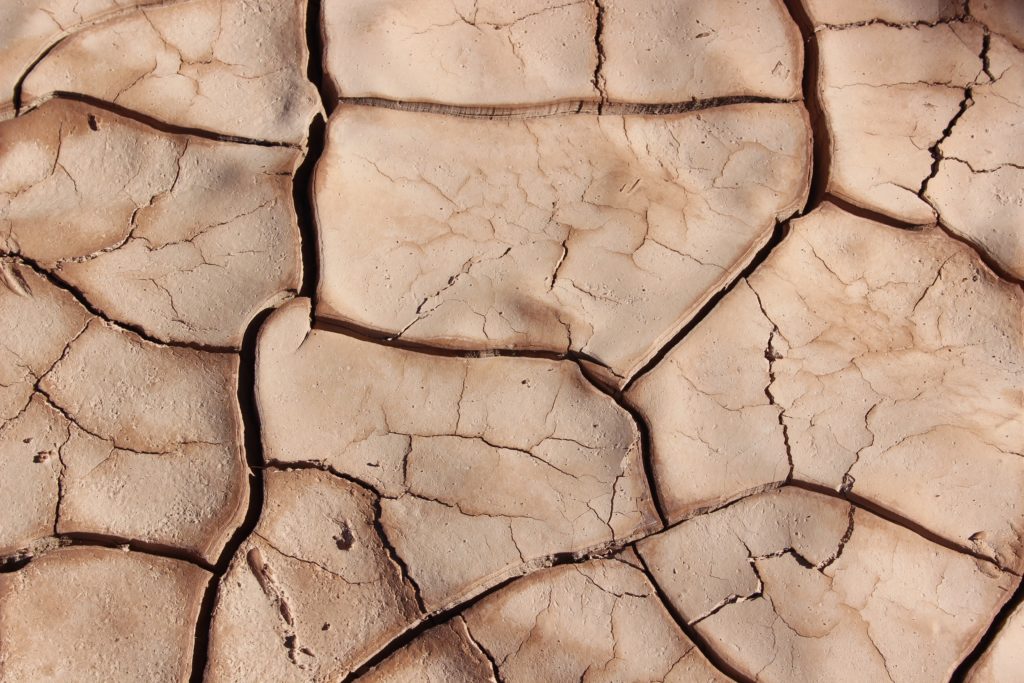
But vulnerability can also be seen in a more abstract way — as vulnerability or sensitivity to crises of all kinds, including crises such as the current Covid-19 pandemic.
Starting Point: Uncertainty and Inequality
What vulnerable countries have in common beyond their fragility to crisis are (among other things) an insecure food supply, poor infrastructure and less financial resources. This, combined with a geographically and thus climatically challenging position, makes them particularly vulnerable — especially because they have very limited capacities to adapt to upcoming shocks.

A fundamentally higher vulnerability means a lack of resilience to crises. On the one hand, state bankruptcies, famine disasters, epidemics or civil wars can be fought less effectively in the first place- on the other hand, existing crises are favoured and intensified by others, such as the climate crisis [9]. This problem becomes even more severe when we look at social inequalities within the affected countries. Marginalized groups — such as women, children, indigenous groups, people with disabilities or those living in rural areas — suffer particularly badly from the effects of crises. [10,11]
Current threat: Covid-19
According to current knowledge, the corona pandemic poses a much greater threat to the Global South than to the North. And it particularly affects marginalized groups. As a youth climate organisation, we would therefore like to draw attention not only to the Global South, but also to the young, i.e. our own, generation. Against the background of the worsening climate crisis, it is already clear that young people will be particularly affected. This applies to every future crisis and also to COVID-19 right now, but how and why is this the case?

Health aspects
A global health crisis obviously has serious consequences for people’s health and, accordingly, for health systems that are generally spoken already more poorly equipped in the Global South. For example, the number of intensive care beds per person is significantly lower in some regions the Global South [12, 13, 14]. The supply of hygiene products such as facial masks is also more difficult, hygiene standards are generally lower and there is a lack of sanitary facilities in many places [15]. Furthermore, countermeasures such as exit restrictions and social distancing have much harsher consequences: For example, in cases where people are highly dependent on their daily income [16], but also in situations where families of five or ten people live together in a single room with several generations [17].
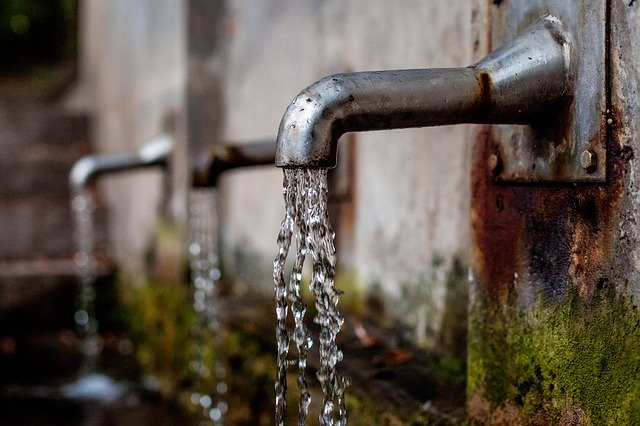
Health insurance and, more generally, social security systems offer less comprehensive p[18]rotection. Thus, the supply of preventive examinations is lower and the general health status of the population is also worse. In connection with other health problems such as parallel epidemics, pollution or malnutrition, the situation continues to be made more difficult. In addition to the alre[19, 20]ady discussed mental health problems, especially among young people, some countries hav[21]e to suspend their vaccination programs due to hygiene regulations or lack of money. This puts those[22, 23] who have not yet been vaccinated at risk – especially children.
Economy, Unemployment & Supply Situation
Unlike in Germany, the economic situation in the Global South is often a matter of life and death for many: the weak in society, who live from hand to mouth, i.e. are forced to put their daily income into food for their families, are hit much harder by the economic downturn. In Dharavi, for example, a slum of 700,000 people in Mumbai, a metropolis of millions, the police patrol and put a stop to economic activities of all kinds. This deprives the majority of the people there of the possibility of somehow making a living [24]. The often already heavily indebted states can hardly cushion this situation [25].
In addition, there is a difficult supply situation at all levels, which is often already tense due to the climate crisis. This precarious situation is exacerbated by the fact that many local markets have had to close, supply chains are interrupted and there is a lack of auxiliary workers in agriculture. As a result, food shortages often occur and there is a risk of hunger and malnutrition [26, 27]. This has a particularly negative effect on children, whose development is restricted [28]. The consequences of school closures are even more immediate: In 117 countries, schools offer 310 million children access to their sometimes only meal a day. However, 1.3 billion children are currently not in school due to the pandemic. This has serious consequences in both the short and long term. [29]
Education and Prospects for the Future
Today, we can only guess at most how the worldwide closure of kindergartens and schools, which lasted for months, will affect the personal development of adolescents. These possible and far-reaching consequences must always be taken into consideration for further political decisions in the interest of young and future generations, despite the comprehensibility of the current measures.
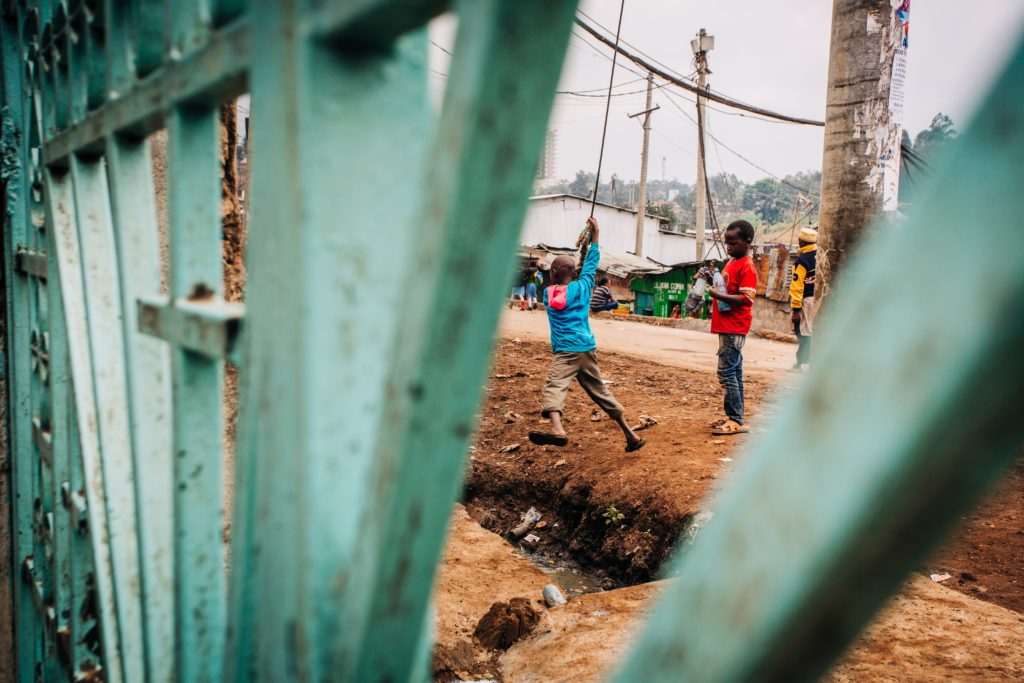
When discussing measures, domestication and debt cuts now, everyone must be aware that the consequences of the political decisions will be felt for a long time to come and will be carried by our future generations: The current shape of relations between the Global South and the Global North will influence our world and thus the future of billions of young people in the long term.
Climate worsens Corona – Corona worsens climate?
Currently, the perceived threat posed by the climate crisis is fading compared to the threat of COVID-19 for many. Not because the climate crisis does not already have serious consequences [30, 31] — COVID-19 is currently more tangible for many people, especially in the Global North. This does not change the fact that COVID-19 is amplified by the climate crisis. The dangers that corona brings with it in the Global South affect regions where the climate crisis is already having a particularly intense impact. This is because in these regions the impacts of the corona pandemic are further intensified by the effects of the climate crisis that are already occurring, such as droughts, floods and extreme weather events. All of these factors are equally burdening the economy, the supply situation and the health care systems. This makes it even harder for the affected areas.
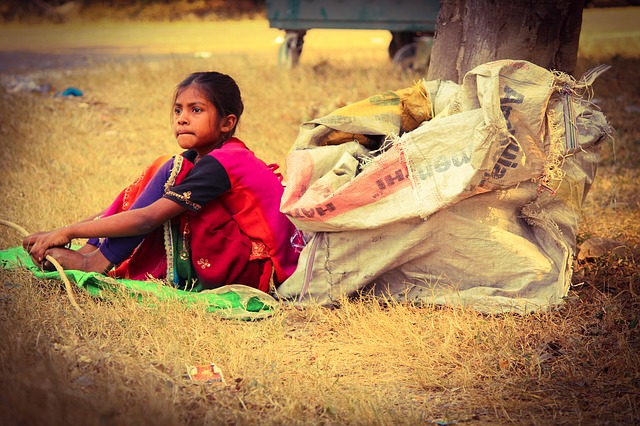
Necessary climate protection measures are more difficult to achieve, because already scarce resources and institutional capacities are needed more acutely in other areas. Climate worsens corona. And corona exacerbates climate [32].
Double crisis — and now?
This is a rough summary of the current situation. Not too bright, isn’t it? That’s what we thought. That’s why we’ve been racking our brains for a few weeks now about the current situation: how are states that have already been forced to take on debt, both now and in the past, in the face of structural problems, ongoing climate impacts and other crises, supposed to cope with this increasing frequency and the mutually escalating drastic nature of coming crises? We are looking for ideas: What can and must we learn from the current crisis for other, future global crises, such as the climate crisis? And we talk to young people from the Global South to hear from them how they experience and assess the situation. We want to give a platform to some of them here, in this series of articles Crises in Times of Global Inequality. Our aim is to amplify the voices of those who have been heard far too little in the media debate. Because COVID-19 also gives a voice to people from the Global North, even though the topic affects our entire world.
From now on every few weeks we will post a new interview with a young person from the Global South who will tell us how she is doing in the current situation, how Corona has changed her life and how this is connected to the climate. Drop by, we would be very happy to welcome you back here for our next article. Click HERE!
